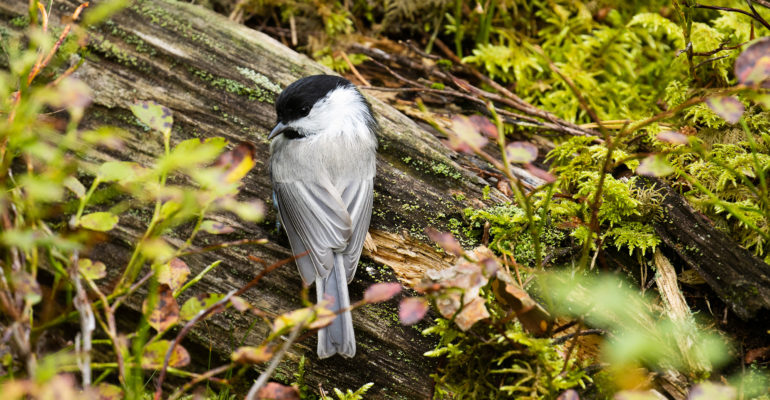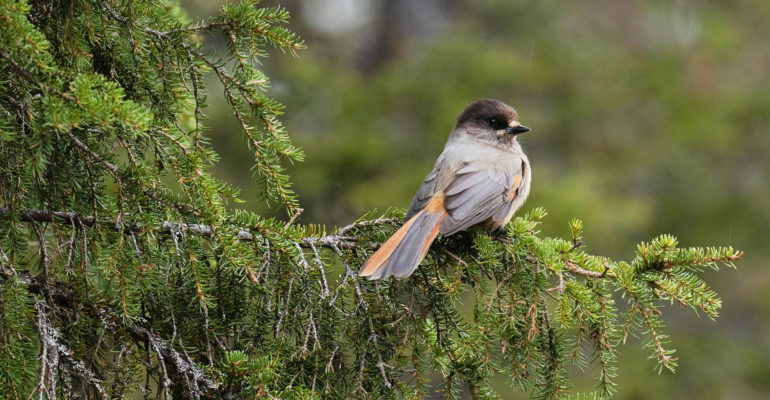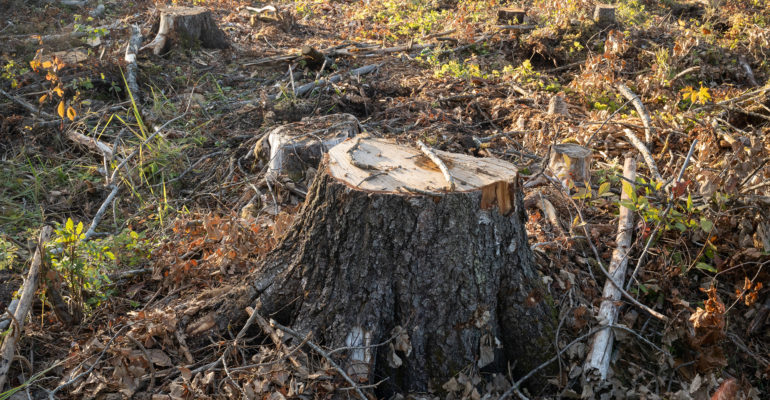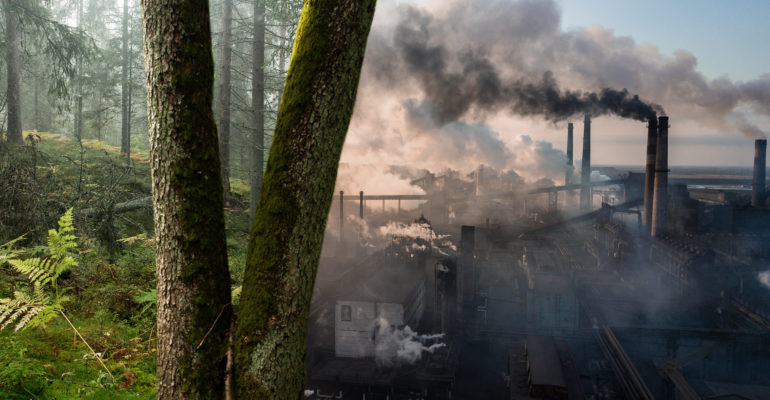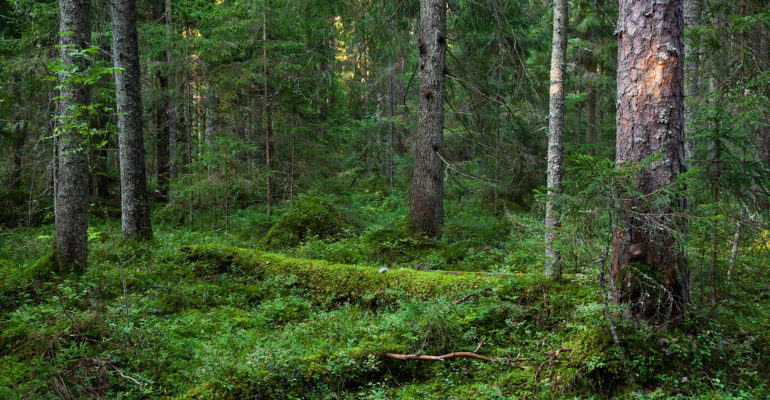News
OF CLEARCUTS & BIRDS #4
LATVIA
Through the voices of our local Partners, our series “of clearcuts and birds” tells some of the stories of Finnish, Estonian and Latvian forests and of their incredible biodiversity, as well as the hard consequences of their exploitations, (in)directly driven by the EU’s support for bioenergy.
OF CLEARCUTS & BIRDS #3
ESTONIA
Through the voices of our local Partners, our series “of clearcuts and birds” tells some of the stories of Finnish, Estonian and Latvian forests and of their incredible biodiversity, as well as the hard consequences of their exploitations, (in)directly driven by the EU’s support for bioenergy.
OF CLEARCUTS & BIRDS #2
FINLAND
Through the voices of our local Partners, our series “of clearcuts and birds” tells some of the stories of Finnish, Estonian and Latvian forests and of their incredible biodiversity, as well as the hard consequences of their exploitations, (in)directly driven by the EU’s support for bioenergy.
OF CLEARCUTS & BIRDS #1
How bioenergy increases the pressure on forests
Through the voices of our local Partners, our series “of clearcuts and birds” tells some of the stories of Finnish, Estonian and Latvian forests and of their incredible biodiversity, as well as the hard consequences of their exploitations, (in)directly driven by the EU’s support for bioenergy.
Press Release: EU Parliament misses opportunity to end support for wood burning and crop-based biofuels
Today, the European Parliament voted on the revision of the EU Renewable Energy Directive (RED III). Sadly, the Parliament missed the chance to end support for burning forest biomass and to instead redirect misguided subsidies to real renewable energy sources.
Our recommendations for the EU Parliament’s plenary vote on the Renewable Energy Directive
On September 14, MEPs will vote in plenary the new Renewable Energy Directive.
Here are our vote recommendations for forest biomass & biofuels.
EU Parliament industry committee votes to include severe loopholes to allow more burning of forests for energy
Today, the EU Parliament’s industry committee (ITRE) voted on recommendations for the EU’s Renewable Energy Directive (RED) that will have far reaching consequences for Europe’s forests as they will open the way for even more burning of wood for energy.
EU should stop burning forests for energy: our recommendations for the EU Parliament’s ITRE Committee
On July 13, the European Parliament’s Industry committee (ITRE) is voting on their amendments to the new version of the Renewable Energy Directive, which is the directive that regulates how, and which renewable energy is subsidized. This vote will have far reaching consequences for European forests.
Important step towards protecting forests & food security taken by the EU Environment Committee
Late on Monday 16th of May the European Parliament’s environment committee voted on the revision of the Renewable Energy Directive (RED), including an important positive step limiting subsidies to burning forests biomass and crop-based biofuels.

